
Find Help
More Items From Ergsy search
-

Is mediation a viable solution?
Relevance: 100%
-

Can mediation be a solution for director disputes?
Relevance: 60%
-
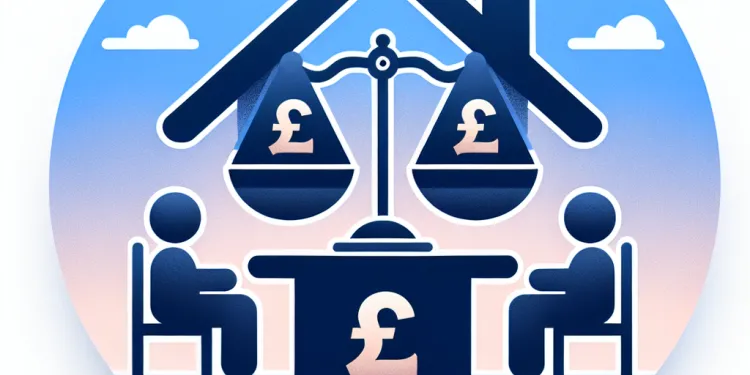
Is mediation an option to resolve eviction disputes?
Relevance: 43%
-
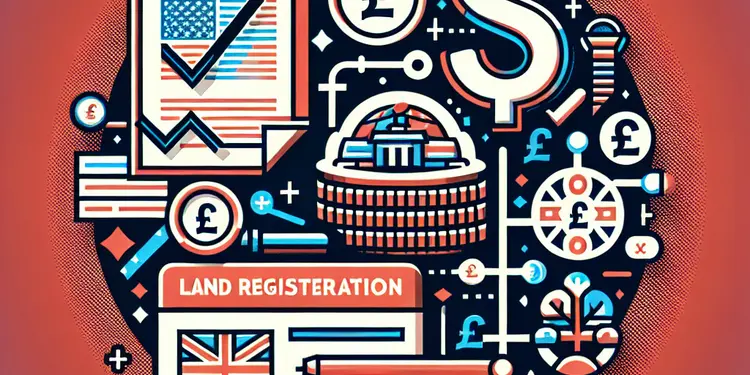
Is mediation available for land registration disputes?
Relevance: 41%
-

What is the role of a mediator in a shareholder dispute?
Relevance: 38%
-

Is mediation a good option for resolving boundary disputes?
Relevance: 34%
-
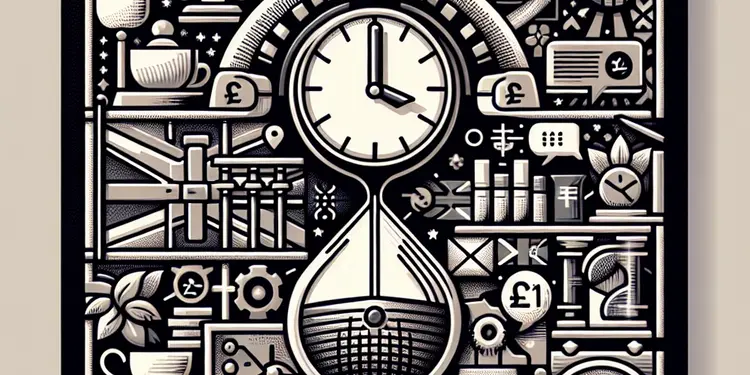
Can mediation or settlement efforts impact how long it takes to get to court?
Relevance: 30%
-
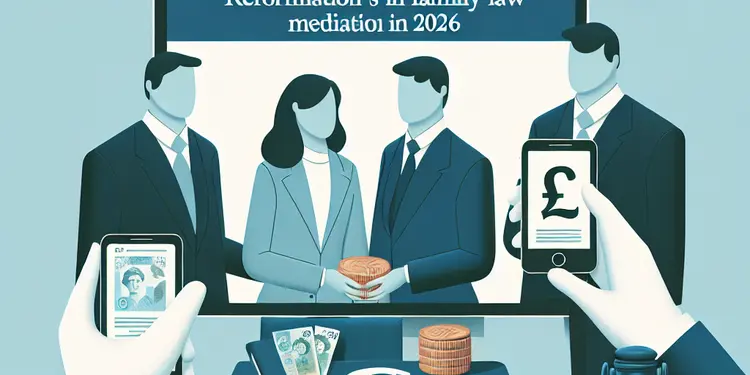
What changes have been made to mediation in family law cases in 2026?
Relevance: 28%
-
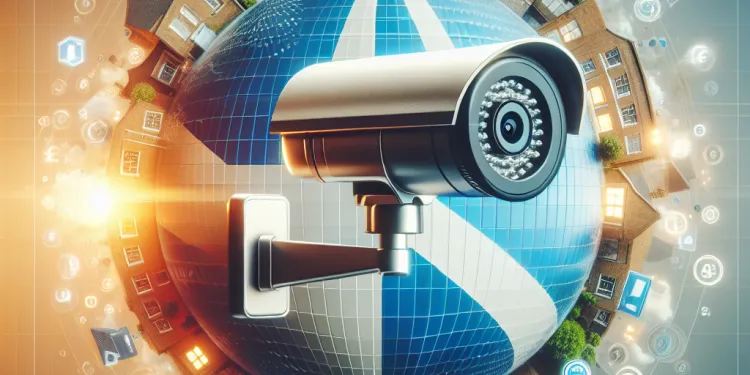
Is redirecting a security camera a solution?
Relevance: 28%
-

Can weight loss jabs be a short-term solution?
Relevance: 27%
-
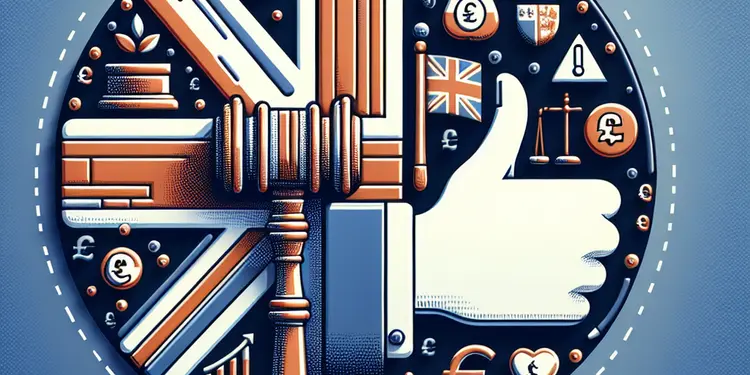
Can mediation be used to resolve a professional negligence dispute?
Relevance: 27%
-
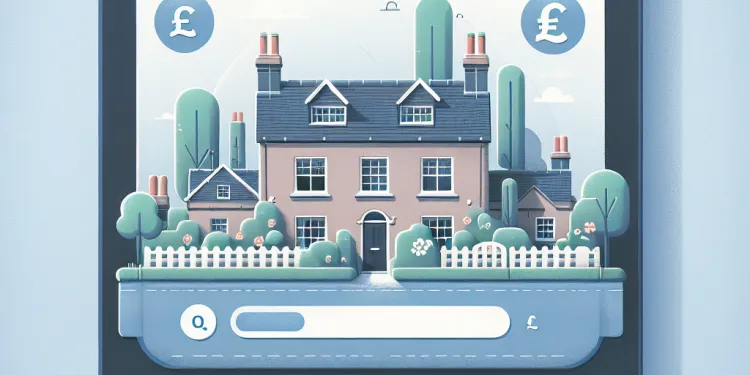
What if my neighbor refuses to cooperate with any solutions?
Relevance: 26%
-

Addressing the Housing Crisis: Current Challenges and Solutions
Relevance: 26%
-

Owed money? - Professional UK Debt Collectors - 1st choice solution
Relevance: 26%
-
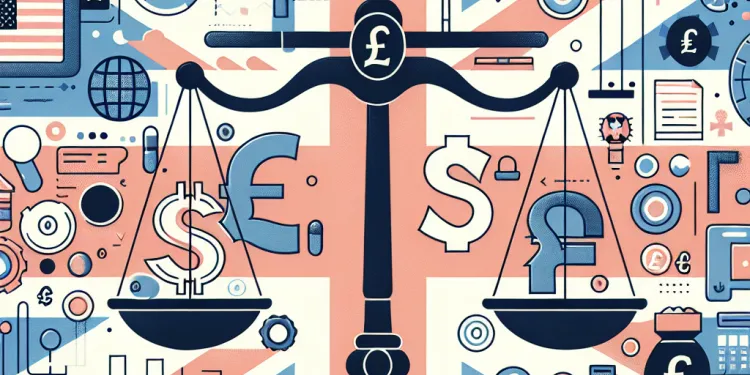
How can I ensure my solution is within legal boundaries?
Relevance: 26%
-

Is arbitration a viable option for resolving director disputes?
Relevance: 26%
-
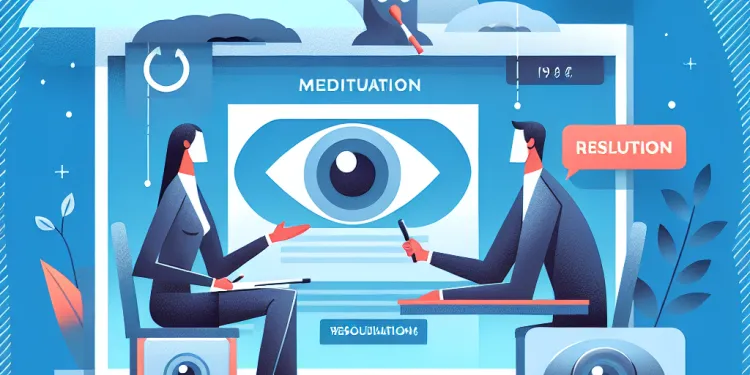
Are there any mediation services for resolving disputes over security cameras?
Relevance: 25%
-
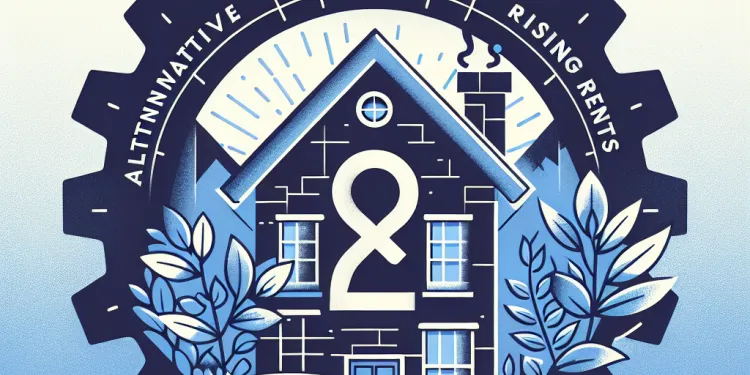
What alternative solutions are being discussed to combat rising rents?
Relevance: 22%
-

Tackling Youth Mental Health: Community Initiatives and Solutions
Relevance: 19%
-
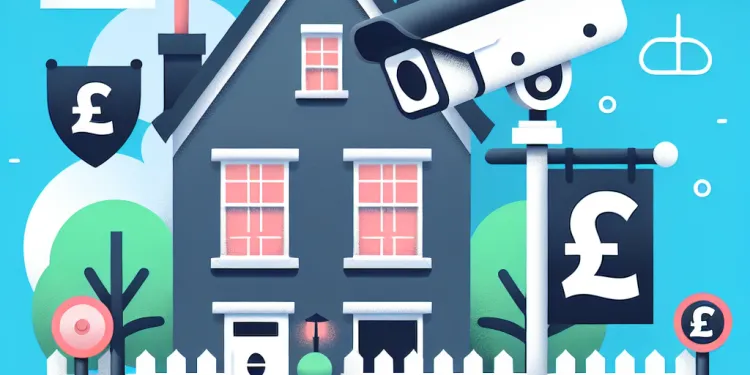
What steps can I take if my neighbour refuses to reposition their security camera?
Relevance: 18%
-
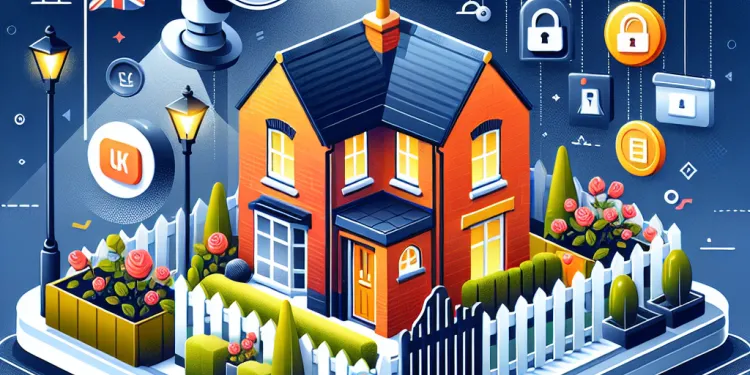
How can I stop my neighbour's security camera pointing at my property?
Relevance: 18%
-
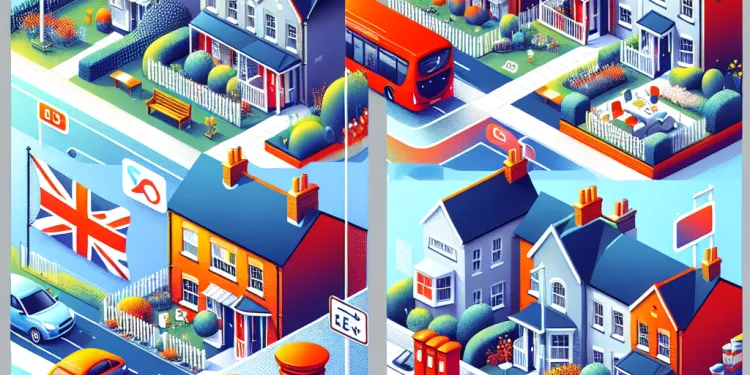
How are disputes between landlords and tenants handled?
Relevance: 18%
-

What resources have been introduced for families involved in cross-border disputes in 2026?
Relevance: 17%
-

Have any changes been made regarding the enforcement of visitation rights?
Relevance: 17%
-

What role do external advisors play in director disputes?
Relevance: 16%
-
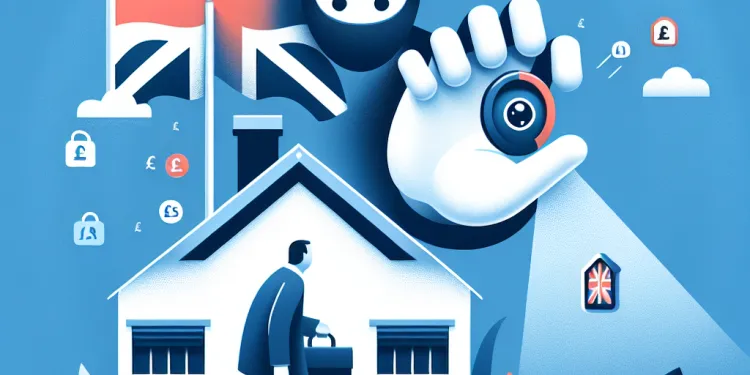
Can I ask for legal help to get my neighbor’s camera moved?
Relevance: 16%
-
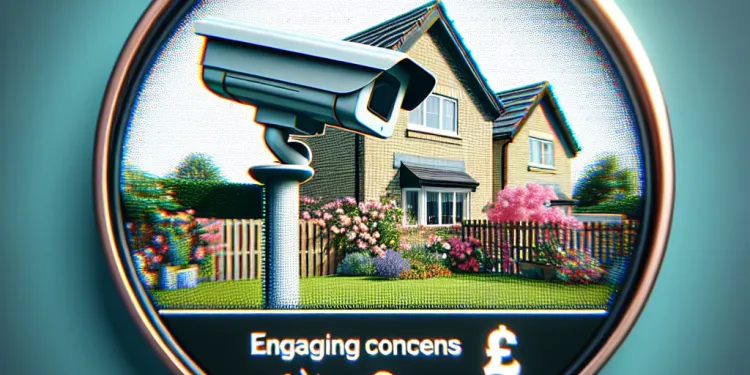
What should I do if I feel my privacy is being invaded by my neighbour's CCTV?
Relevance: 15%
-
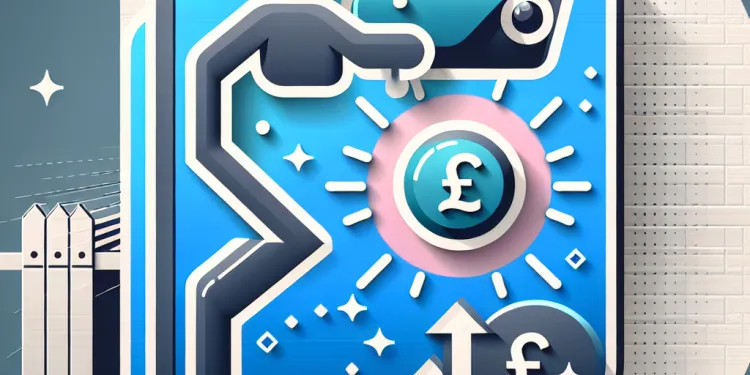
Can I ask my neighbour to reposition their security camera?
Relevance: 15%
-

What happens if a neighbor builds a fence on my property?
Relevance: 15%
-
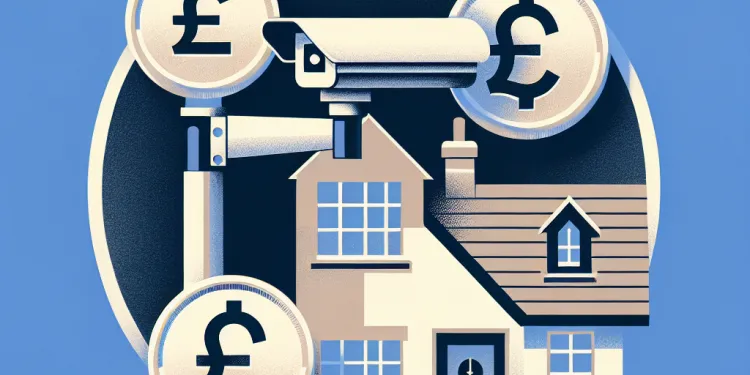
What if my neighbor claims the camera is for security but it points towards my property?
Relevance: 15%
-
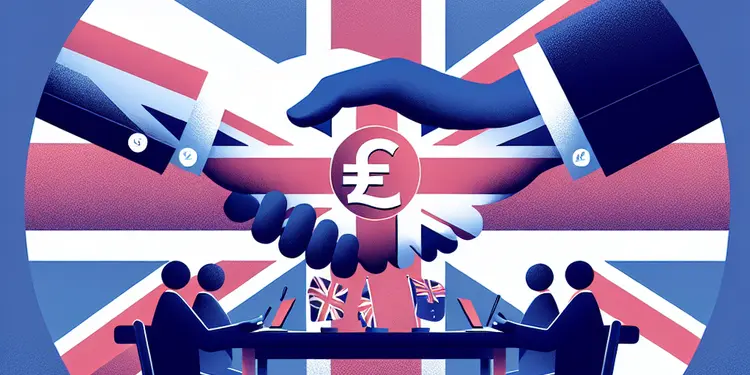
What steps can a company take if shareholder disputes begin to impact business operations?
Relevance: 15%
-

What should I do first if my neighbor's security camera is pointed at my property?
Relevance: 15%
-

Company Director Disputes
Relevance: 15%
-

Is it legal for me to block the view of my neighbour's security camera?
Relevance: 14%
-

How can valuation disputes in buyouts be resolved?
Relevance: 14%
-
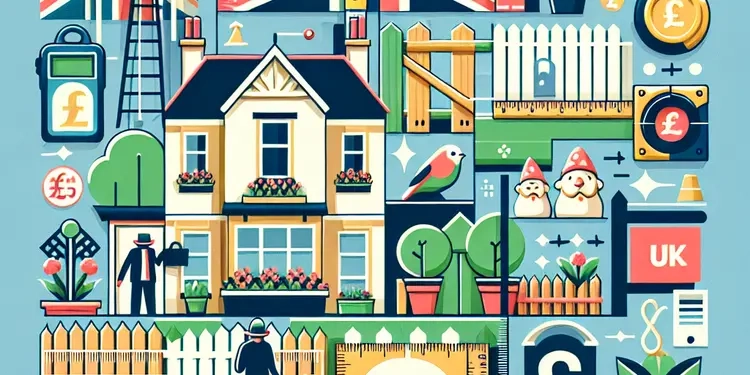
What is a boundary dispute between home owners?
Relevance: 14%
-
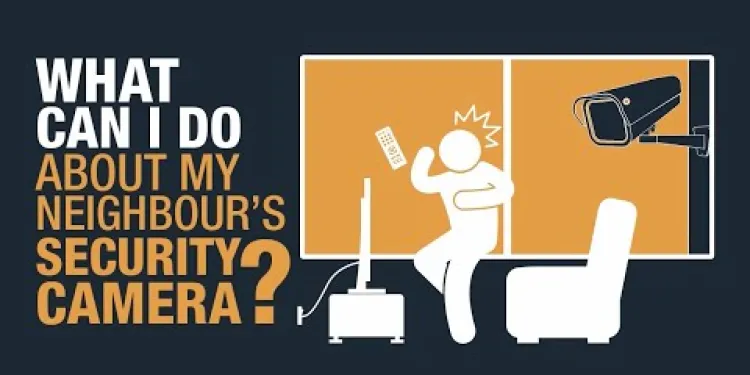
What can I do about my neighbour's security camera?
Relevance: 14%
-

How long do boundary disputes typically take to resolve?
Relevance: 14%
-

What digital services have been introduced in family courts in 2026?
Relevance: 13%
-
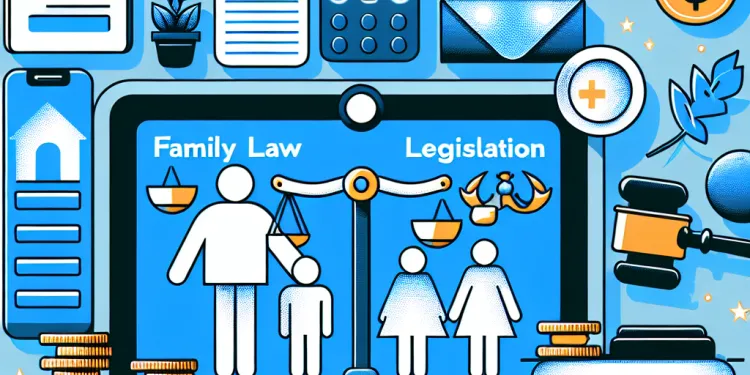
Impacts of Recent Changes to Family Law Legislation
Relevance: 13%
Introduction to Mediation
Mediation is a form of alternative dispute resolution (ADR) that involves a neutral third party who helps disputing parties reach a mutually agreeable solution. In the UK, mediation is increasingly used as an effective way to resolve conflicts outside of the courtroom. It is applicable in various areas, including commercial disputes, family law, workplace conflicts, and community issues. But is mediation a viable solution for resolving disputes?
Benefits of Mediation
One of the main advantages of mediation is its cost-effectiveness compared to litigation. Legal proceedings can be expensive and time-consuming, whereas mediation often provides a quicker resolution at a lower cost. This makes it an attractive option for individuals and businesses seeking efficient conflict resolution.
Mediation also offers flexibility that is not always available in court cases. Parties can schedule meetings at their convenience and have more control over the process. The informal setting can reduce stress and lead to more open communication. Furthermore, mediation is confidential, meaning discussions and agreements do not become part of the public record, which can be critical for sensitive matters.
Challenges of Mediation
Despite its benefits, mediation is not without challenges. One significant limitation is that it relies on the willingness of both parties to participate and negotiate in good faith. If one party is uncooperative or if there is a significant power imbalance, mediation may not be effective. Additionally, because mediators do not have the power to impose a decision, reaching a resolution depends entirely on the parties involved.
Moreover, mediation may not be suitable for all types of disputes. In cases involving criminal activity or situations where a legal precedent needs to be established, traditional litigation might be more appropriate. It is also worth noting that mediation outcomes are not legally binding unless formalized in a legally enforceable agreement.
Conclusion
In conclusion, mediation can be a viable solution for many disputes in the UK, offering a confidential, flexible, and often more affordable alternative to litigation. However, it is essential to consider the nature of the dispute, the relationship between the parties, and their willingness to compromise. While not a one-size-fits-all solution, when applied in suitable circumstances, mediation can lead to successful and amicable outcomes for disputing parties.
Introduction to Mediation
Mediation is a special way to solve problems without going to court. In mediation, there is a neutral person who helps both sides agree on a solution. In the UK, people use mediation more and more to settle arguments outside of court. It can be used for many things, like business problems, family issues, work disagreements, and community matters. But can mediation really help fix problems?
Benefits of Mediation
Mediation is often cheaper than going to court. Court cases can cost a lot of money and take a long time. Mediation usually solves problems faster and for less money. This is good for people and businesses who want to fix things quickly.
Mediation is also flexible. This means you can have meetings when it suits you best and have more say in how things go. It's not as formal as court, so it can be less stressful and help people talk more openly. Also, what is said in mediation stays private, which can be important for sensitive topics.
Challenges of Mediation
Mediation has some difficulties, too. It only works if both sides want to join and are ready to talk openly. If one side won't cooperate or if there is a big power difference, mediation might not work well. Mediators can't make decisions for you; both sides need to agree on the solution.
Also, mediation might not work for every problem. If the issue involves a crime or needs a legal decision, going to court may be better. Remember, mediation results are only official if both sides agree and make it a legal document.
Conclusion
In the end, mediation can be a good way to solve many problems in the UK. It is private, flexible, and often less expensive than court. However, it is important to think about the problem, the people involved, and if they are ready to find a middle ground. Mediation might not work for everyone, but it can lead to happy solutions for both sides when used right.
Frequently Asked Questions
What is mediation?
Mediation is a process where a neutral third party assists disputing parties in reaching a mutually acceptable agreement.
When is mediation considered a viable solution?
Mediation is viable when parties are willing to communicate, negotiate, and seek resolution collaboratively.
What types of disputes can be resolved through mediation?
Mediation can resolve various disputes including commercial, family, workplace, and community disputes.
What are the benefits of mediation over litigation?
Mediation is typically faster, more cost-effective, confidential, and allows parties to control the outcome.
Can mediation be used in family disputes?
Yes, mediation is often used to resolve issues like divorce settlements, custody arrangements, and other family disputes.
How does confidentiality work in mediation?
Mediation is a confidential process, meaning that the discussions in mediation cannot be used as evidence in court.
Is a mediator allowed to impose a decision?
No, a mediator facilitates dialogue and negotiation but does not impose any decisions. Parties create their own resolution.
How long does mediation usually take?
The duration varies but mediation often takes a few hours to a few days, depending on the complexity of the issues.
Are agreements reached in mediation legally binding?
Agreements can become legally binding if parties draft and sign a written agreement that is legally enforceable.
Can mediation be used in workplace conflicts?
Yes, mediation can effectively address workplace disputes such as interpersonal conflicts, harassment, and discrimination issues.
What happens if mediation does not lead to an agreement?
If mediation fails, parties can still pursue other resolution methods like arbitration or litigation.
Is mediation suitable for resolving contractual disputes?
Yes, mediation is frequently used in resolving contractual disputes by finding a mutually satisfactory solution.
What role does a mediator play in the process?
The mediator facilitates communication, encourages understanding, and helps explore solutions, but does not take sides.
Is mediation recognized by the legal system?
Yes, many legal systems encourage mediation as an alternative dispute resolution method before proceeding to court.
Can mediation help preserve relationships?
Yes, because mediation fosters cooperation and communication, it can help preserve professional or personal relationships.
Can parties choose their mediator?
Yes, parties typically agree on a mediator who is experienced and neutral, often with expertise in the dispute's subject matter.
Are there any disadvantages to mediation?
Mediation may not be suitable if there is a power imbalance between parties or if one is unwilling to negotiate in good faith.
Is mediation appropriate for disputes involving large sums of money?
Yes, mediation can handle disputes involving significant financial stakes, facilitating a quicker resolution than court proceedings.
What should parties prepare before entering mediation?
Parties should understand their goals, be open to compromise, and be prepared to discuss and listen during mediation.
What are the costs associated with mediation?
Mediation costs vary but are generally lower than litigation. Costs may involve mediator fees and any associated administrative expenses.
What is mediation?
Mediation is a way to solve problems where a person helps two sides talk and agree. This person is called a mediator. The mediator listens to both sides and helps them find a solution.
If you find reading hard, you might like to use tools that read text aloud or highlight words as you read. It can also help to read with a friend who can explain things to you.
Mediation is a way to help people who are having a disagreement. A person who is not part of the disagreement helps both sides find an agreement they are happy with.
When is mediation a good choice?
Mediation can work when people want to talk, work things out, and find a solution together.
What problems can be solved with help from a mediator?
Mediators can help people fix different kinds of problems. Here are some examples:
- Family problems, like parents not agreeing about kids
- Problems at work, like two people not getting along
- Neighborhood problems, like people arguing over fences
- Money problems, like people disagreeing about payments
A mediator is someone who listens to both sides and helps them find a solution.
Using pictures or simple drawings can help explain the problem. Talking slowly and asking questions can also help everyone understand better.
Mediation can help solve many kinds of problems, like problems at work, in a family, between businesses, or in a community.
Why is talking things out better than going to court?
Mediation is a way to solve problems. It is usually faster and costs less money. It is private, and people get to decide what happens.
Can people use mediation to solve family problems?
Mediation is a way to help people talk and fix problems. A neutral person, called a mediator, helps everyone share their feelings.
Mediation can be used when families have disagreements or arguments. It can help everyone find a good solution together.
When using mediation, it's good to:
- Listen carefully to each other.
- Speak kindly and clearly.
- Be open to different ideas.
- Take turns to talk.
Tools that help can include:
- Writing down thoughts before the meeting.
- Using pictures or drawings to explain ideas.
- Having a friend or support person with you.
Yes, people often use mediation to help solve problems like divorce, deciding who will take care of the children, and other family arguments.
What is confidentiality in mediation?
In mediation, what you say is private. This means no one else can know what you talked about.
Mediation helps people agree on things. If you need help understanding, you can ask someone to explain words you don't know.
If reading is hard, you can use tools like text-to-speech on a computer to read it out loud.
Mediation is a private meeting. What you talk about there stays secret, so it can't be used in court.
Can a mediator make a decision for you?
A mediator helps people talk and find a solution. But the mediator cannot make you do anything. You and the other person make the decision together.
Here are some tools to help you:
- Ask questions if you do not understand.
- Take notes to remember what people say.
- Use a friend or helper if you need support.
No, a mediator helps people talk and find a solution. But the mediator does not make any decisions. The people involved decide what to do themselves.
How long does mediation usually take?
Mediation is a way for people to work out their problems with help. It can take different amounts of time.
Mediation can be short or long:
- Sometimes it takes a few hours.
- Sometimes it takes a few days.
It depends on how many problems there are and how big they are.
Helpful tools:
- Someone to explain things if you need help.
- Use pictures or drawings to understand better.
Mediation can take a short time or a long time. It might last a few hours or a few days. How long it takes depends on how tricky the problems are.
When you agree in mediation, is it the law?
Mediation is a talk to solve problems. If you agree in mediation, it can become a promise that you must follow like a law. But you need to write it down and sign it to make it official.
If you are not sure, you can ask for help. You can talk to a lawyer or a helper who knows about the law. They can tell you what to do next.
Agreements can become legal if people write them down and sign them. This means they must follow what the agreement says.
Can we use talking to solve problems at work?
Yes, mediation can help solve problems at work. These problems can be fights between people, bullying, and treating people unfairly.
To understand better, you can try talking with someone who can explain it more clearly or using simple language when discussing such topics. Another supportive tool is using pictures or videos that show how mediation works.
What if people can't agree in mediation?
Sometimes, people try to work out their problems with mediation but can't agree. If this happens, they might need to find other ways to solve the problem.
Here’s what can help:
- Talk to someone who can give good advice, like a teacher or a helper.
- Try again with a new plan or idea.
- Look for other places that can help, like community services.
It's okay if it takes time to find a solution. Keep looking for help until you find what works for you.
If talking it out doesn’t work, people can try other ways to solve the problem, like asking a judge or getting someone else to help make a decision.
Can mediation help solve problems with contracts?
Yes, mediation often helps people solve contract problems by finding a solution that makes everyone happy.
What does a mediator do?
A mediator helps people talk and solve problems.
The mediator listens to everyone. They make sure everyone gets a turn to talk. They do not choose sides.
Instead, the mediator helps everyone find a solution together.
Tools that can help include:
- Talking stick: This makes sure only one person talks at a time.
- Picture cards: These help show feelings or ideas.
The mediator helps people talk to each other and understand each other. They help find answers to problems, but they do not choose a side.
Does the legal system accept mediation?
Mediation is a way to solve problems by talking and listening with help from a person called a mediator. Mediators help people agree without going to court.
Yes, the legal system knows about mediation and it can help people solve their problems.
When people use mediation, it can save time and money. It can make people happier because they talk and find answers together.
If you want to learn more, you can:
- Ask for help from a teacher, friend, or family member.
- Use pictures or drawings to understand better.
- Take breaks to think about what you read.
Yes, many places want people to try talking things out with help before going to court. This is called mediation.
Can mediation help keep relationships strong?
Yes, mediation helps people work together and talk better. This can save friendships or work relationships.
Can people pick their helper?
Yes, both sides choose a mediator. A mediator is someone who helps them talk. The mediator is fair and knows a lot about the problem they are having.
Are there any downsides to mediation?
Mediation can help people solve problems.
But, it may not be perfect for everyone.
Here are some things to think about:
- Both people must agree to be fair.
- Mediation might not work if someone is not honest.
- If you can't agree, you might still need a judge to help.
You can use tools like pictures or simple lists to understand better.
Mediation might not work if one person has more power than the other or if someone does not want to talk and make a fair deal.
Can we use mediation to solve big money arguments?
Mediation can help people talk and find a solution. It is a useful way to solve arguments, even when it is about a lot of money. Here are some ways it helps:
- Mediation is a meeting where people talk and share their problems.
- A mediator is a person who listens and helps everyone agree on a solution.
- It can be quicker and cheaper than going to court.
- People can keep their privacy during mediation.
Some tools that might help during mediation:
- Use pictures or drawings to show ideas and choices.
- Keep notes or a list of important points to remember.
- Ask questions if anything is unclear.
- Take breaks if needed to stay calm and focused.
Mediation is a good way to talk and find a fair answer for everyone.
Yes, mediation can help solve money problems. It is often faster than going to court.
What to do before going to mediation
Mediation is a meeting to solve problems. Here are some things you can do to get ready:
- Think about what you want to say.
- Bring any papers that are important.
- Write down questions you have.
- Relax and take deep breaths.
You can also ask someone you trust for help. They can be with you and support you during mediation.
When people come together to solve a problem, it's important to:
- Know what they want to achieve.
- Be ready to give a little to reach an agreement.
- Talk and listen to each other.
Tools like pictures or making a list of things to talk about can help. It's okay to ask someone to explain if you don't understand.
How much does mediation cost?
Mediation is usually cheaper than going to court.
You need to pay the person who helps you talk and any other small costs.
Useful Links
This website offers general information and is not a substitute for professional advice.
Always seek guidance from qualified professionals.
If you have any medical concerns or need urgent help, contact a healthcare professional or emergency services immediately.
Some of this content was generated with AI assistance. We’ve done our best to keep it accurate, helpful, and human-friendly.
- Ergsy carfully checks the information in the videos we provide here.
- Videos shown by Youtube after a video has completed, have NOT been reviewed by ERGSY.
- To view, click the arrow in centre of video.
- Most of the videos you find here will have subtitles and/or closed captions available.
- You may need to turn these on, and choose your preferred language.
- Go to the video you'd like to watch.
- If closed captions (CC) are available, settings will be visible on the bottom right of the video player.
- To turn on Captions, click settings .
- To turn off Captions, click settings again.
More Items From Ergsy search
-

Is mediation a viable solution?
Relevance: 100%
-

Can mediation be a solution for director disputes?
Relevance: 60%
-

Is mediation an option to resolve eviction disputes?
Relevance: 43%
-

Is mediation available for land registration disputes?
Relevance: 41%
-

What is the role of a mediator in a shareholder dispute?
Relevance: 38%
-

Is mediation a good option for resolving boundary disputes?
Relevance: 34%
-

Can mediation or settlement efforts impact how long it takes to get to court?
Relevance: 30%
-

What changes have been made to mediation in family law cases in 2026?
Relevance: 28%
-

Is redirecting a security camera a solution?
Relevance: 28%
-

Can weight loss jabs be a short-term solution?
Relevance: 27%
-

Can mediation be used to resolve a professional negligence dispute?
Relevance: 27%
-

What if my neighbor refuses to cooperate with any solutions?
Relevance: 26%
-

Addressing the Housing Crisis: Current Challenges and Solutions
Relevance: 26%
-

Owed money? - Professional UK Debt Collectors - 1st choice solution
Relevance: 26%
-

How can I ensure my solution is within legal boundaries?
Relevance: 26%
-

Is arbitration a viable option for resolving director disputes?
Relevance: 26%
-

Are there any mediation services for resolving disputes over security cameras?
Relevance: 25%
-

What alternative solutions are being discussed to combat rising rents?
Relevance: 22%
-

Tackling Youth Mental Health: Community Initiatives and Solutions
Relevance: 19%
-

What steps can I take if my neighbour refuses to reposition their security camera?
Relevance: 18%
-

How can I stop my neighbour's security camera pointing at my property?
Relevance: 18%
-

How are disputes between landlords and tenants handled?
Relevance: 18%
-

What resources have been introduced for families involved in cross-border disputes in 2026?
Relevance: 17%
-

Have any changes been made regarding the enforcement of visitation rights?
Relevance: 17%
-

What role do external advisors play in director disputes?
Relevance: 16%
-

Can I ask for legal help to get my neighbor’s camera moved?
Relevance: 16%
-

What should I do if I feel my privacy is being invaded by my neighbour's CCTV?
Relevance: 15%
-

Can I ask my neighbour to reposition their security camera?
Relevance: 15%
-

What happens if a neighbor builds a fence on my property?
Relevance: 15%
-

What if my neighbor claims the camera is for security but it points towards my property?
Relevance: 15%
-

What steps can a company take if shareholder disputes begin to impact business operations?
Relevance: 15%
-

What should I do first if my neighbor's security camera is pointed at my property?
Relevance: 15%
-

Company Director Disputes
Relevance: 15%
-

Is it legal for me to block the view of my neighbour's security camera?
Relevance: 14%
-

How can valuation disputes in buyouts be resolved?
Relevance: 14%
-

What is a boundary dispute between home owners?
Relevance: 14%
-

What can I do about my neighbour's security camera?
Relevance: 14%
-

How long do boundary disputes typically take to resolve?
Relevance: 14%
-

What digital services have been introduced in family courts in 2026?
Relevance: 13%
-

Impacts of Recent Changes to Family Law Legislation
Relevance: 13%


